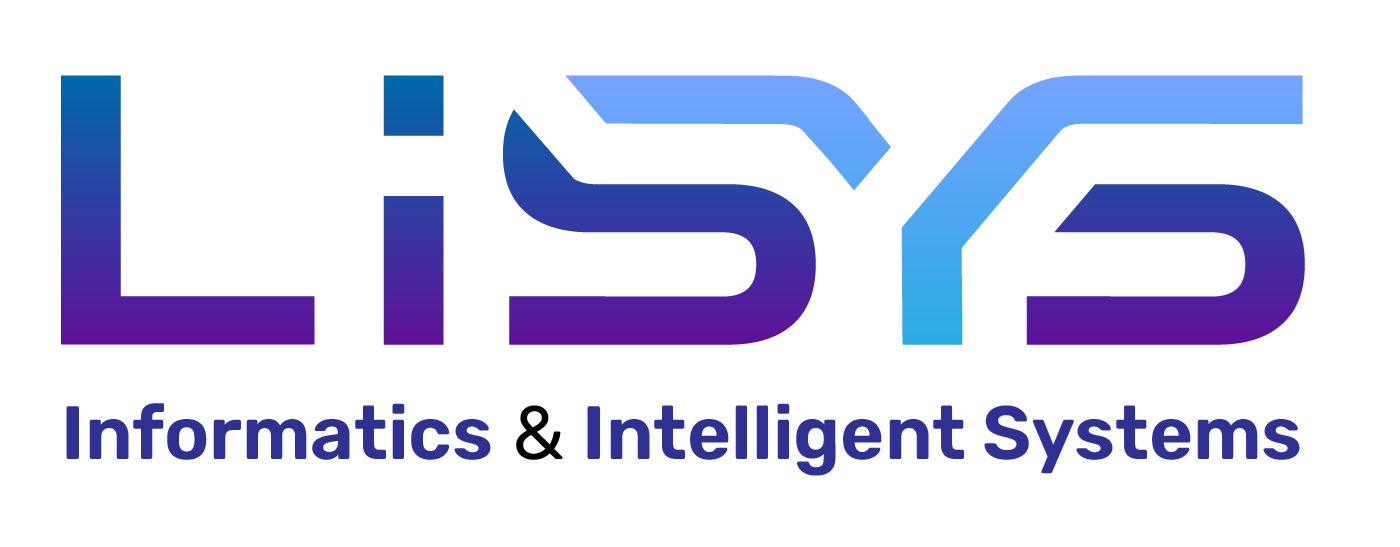
Prof. Abdenour Hadid
Sorbonne Center for Artificial Intelligence, Abu Dhabi, UAE
Abdenour Hadid received his Doctor of Science in Technology degree in electrical and information engineering from the University of Oulu, Finland, in 2005. Now, he is a Professor and PI of a CHAIR on Artificial Intelligence at Sorbonne University of Abu Dhabi. His research interests include physic-informed machine learning, forecasting, computer vision, deep learning, artificial intelligence, internet of things and personalized healthcare. He has authored more than 400 papers in international conferences and journals, and served as a reviewer for many international conferences and journals. His research works have been well referenced by the research community with more 29000+ citations and an H-Index of 60. Prof. Hadid is currently a senior member of IEEE. He was the recipient of the prestigious “Jan Koenderink Prize” for fundamental contributions in computer vision. He participated and played a key role in different European projects. One of these projects has been selected as a Success Story by the European Commission. His achievements have also been recognized by many awards including the highly competitive Academy Research Fellow position from the Academy of Finland during 2013-2018, and a very prestigious international award within the 100-Talent Program (Outstanding Visiting Professor) of Shaanxi Province, China.
From Traditional Machine Learning to Generative Artificial Intelligence: Applications and Challenges
We are living in the era of big data. Data is everywhere and is continuously recorded and stored in our ordinary life. The key element for using such an immense body of data to benefit the society is through Artificial Intelligence (AI). Artificial intelligence has dramatically transformed our society by showing impressive results across a large spectrum of applications ranging from biology, medicine, education, geoscience, legislation, and finance. Despite the impressive performances, AI models is closely tied to the quantity/quality of the training data (garbage in and garbage out). Also, from the trustworthiness and fairness viewpoints, some serious concerns have been raised about the potential emergence of ‘super-intelligent machines’ without adequate safeguards. Moreover, AI models usually require a large amount of high-quality, unbiased data to operate. Other equally important issues include the massive computing power that is needed to train AI models. This presentation discusses some examples and challenges related to the use of AI in healthcare, security, autonomous driving, geoscience etc.

Prof. Ahmed KHORSI
Al-Imam Mohammad Ibn Saud Islamic University, Saudi Arabi
To be added soo.
Why Arabic Breaks Standard NLP
To be added soo.

Prof. Zineb ELHAMER
She is a Ph.D. holder in Informatics from Nagoya University, Graduate School of Informatics, Department of Complex Systems, Japan
A former MEXT scholarship recipient from the Japanese government, and a full-stack software developer at Showcase, Inc., a Tokyo-based company that specializes in providing digital transformation (DX) support for growing businesses using cloud-based and AI-driven solutions, and supplying SaaS tools that enhance business efficiency and client interactions. Her Ph.D. thesis was entitled: "A Hybrid Approach for Studying the Continuously Changing Social Dynamics Using Computational Modeling and a Face-to-Face Social Experiment." In her research she focuses on studying life-like behaviors in computational systems, using particle-based simulations and social experiments. She previously worked as a systems engineer at Global Assist, LTD. (Japan), and as a solutions developer and GIS/geospatial engineer at Navagis, Inc. (USA). She is a strong proponent of the open-source culture and actively participates in and advocates for open-source projects and events. While doing her research at the Artificial Life (ALife) Laboratory, at Nagoya University, she worked on multiple other side projects ranging from developing and deploying IoT software for the Bird Song project, led by Professor SUZUKI Reiji, as well as investigating the central positioning behavior in baboon societies..
Artificial Life Meets Human Networks: Exploring the Emergent Dynamic Social Patterns
Advances in social networks and digital technologies are reshaping our interactions, resulting in complex and dynamic social patterns. Through the use of artificial life approaches, I will walk you through understanding how information visibility in such networks influences the dynamics of social interactions, notably how it affects cooperative behavior, using an enhanced game-theoretical model, called the Social Particle Swarm Model, that models the inter-relationship between selfishness and the public interest. The results demonstrate that accessibility to information significantly shapes cooperation, and how the dynamics of social interactions emerge.

